Developer Abbey Games has made a couple of interesting titles in the past. Reus was their first release, which was followed up by Renowned Explorers. The latter was a game that I devoted over a hundred hours to. Naturally, I’d look forward to their latest creation — Godhood. I even mentioned that it was one of my most anticipated games for 2019. Godhood has just released via Steam early access, and I had a chance to check it out for a preview.
Hello, God
The first thing I noticed about Godhood was its charming aesthetics. It’s a game about playing as the devout followers of a deity, offering a fairly lighthearted romp.
From the get-go, you can customize the name of your god, your religion, and even what your followers would be called. Similarly, you can change the icon of your deity. In my case, I chose something that’s oddly reminiscent of an Ancient One from Lovecraft’s Cthulhu Mythos. Perhaps I’m still hungover from playing The Sinking City, eh?
Rock, papers, scissors, lightning
I digress. After customizing my religious iconography, I was prompted to select one devotion out of a handful that was available. Be it war, peace, lust, greed, or so on, your selected devotion will determine your style of play in the early game. For instance, choosing a devotion to war meant having buildings that could increase the might and cunning stats of characters. A devotion to chastity, meanwhile, would increase health, devotion, and healing powers.
These will come into play once you engage in Godhood’s theological battles called “sacraments.” Godhood‘s battle mechanics revolve around a “rock-paper-scissors-esque” metagame where different attack types are either highly effective or are nullified by their counterparts.
So how exactly do you engage in theological battles? Well, first, you’ll need to have enough devotees who are essentially your party members. You start out with one who’s the first prophet of your religion. After a few turns, you’ll be able to recruit more. Each devotee will have particular stats and an ideal class you’d want to pick based on those stats. Since I had bonuses for violent attacks, the Ancestral-based classes such as the Chieftain and Rage Prophet were obvious choices. From there, you can check the world map where each node represents a battle with different tribes.
Godhood‘s battles are 3v3 affairs and you win by taking out the opposing team’s HP. Unlike Abbey Games’ previous title, Renowned Explorers, sacrament battles play out automatically.
Your squad of devotees automatically attacks with the skills that are available. Certain skills increase synergy with others. For instance, the Rend passive lets you attack before the fight begins as long as an Ancestral-type devotee is in your squad. Other skills allow you to deflect blows, stun opponents, or counterattack when a particular spell type is used. It’s possible to chain half a dozen attacks or more before rivals even start their turn.
Building the town
Whenever you win some of the battles, you can end up with followers who’ll join your little tribe. As you gain more followers, so too does the level of your deity increase. Your divine being in Godhood confers boons per level up such as additional devotees, relics, buildings, and so on.
You also have a small tribal village in Godhood that you can improve over time. From a lone campfire, you’ll eventually have farmlands, shrines, markets, and even sacrificial altars. Each building has a particular use. Some can increase the faith (happiness) of your characters, while others can give you ability points to switch their skill sets.
Certain buildings in Godhood will also allow you to perform miracles. These miracles are only available once a character levels up (capped at five at the moment). When a character performs a miracle, they gain stat boosts from that building, an additional skill, and a passive ability. You can also equip relics that can provide boosts for your characters or town buildings.
Godhood: Losing my religion
There are, however, a few issues with Godhood that are readily seen with its core gameplay. As mentioned, battles are fully automated. Although you can mix and match character types and find worthwhile synergies, they’re never as involved. You’re only watching your characters and opponents duking it out. You don’t get to enter commands or make specific choices once a battle starts, making it become too oversimplified. This particular gameplay loop will get tiresome after a while.
I’m a bit surprised given that Abbey Games’ Renowned Explorers already had a winning formula that offered tons of replayability. Godhood, unfortunately, seems to be a shorter game. According to developers, one playthrough would only last two to four hours.
Other issues are more technical in nature such as character info panels that overlap with others, or a crash if you place too many characters in the same building or shrine. Godhood’s autosave feature can also be a nuisance given that the game autosaves once you’ve started a battle and not prior to one. If you accidentally picked the wrong character, tough luck. The local and cloud saves are also separate and one doesn’t overwrite the other. If you started a game with cloud saves enabled, that’s what you’ll be using. If you disable cloud saves from the settings, you won’t find a local save that you can load.
Again, Godhood is still an early access title. I’m hoping that Abbey Games can continuously improve and develop the game prior to the official launch. Knowing how much Abbey Games added in Renowned Explorers during the early access period, I’m optimistic that Godhood could become another must-have gem from the studio.
You can check out Godhood via the Steam store page.

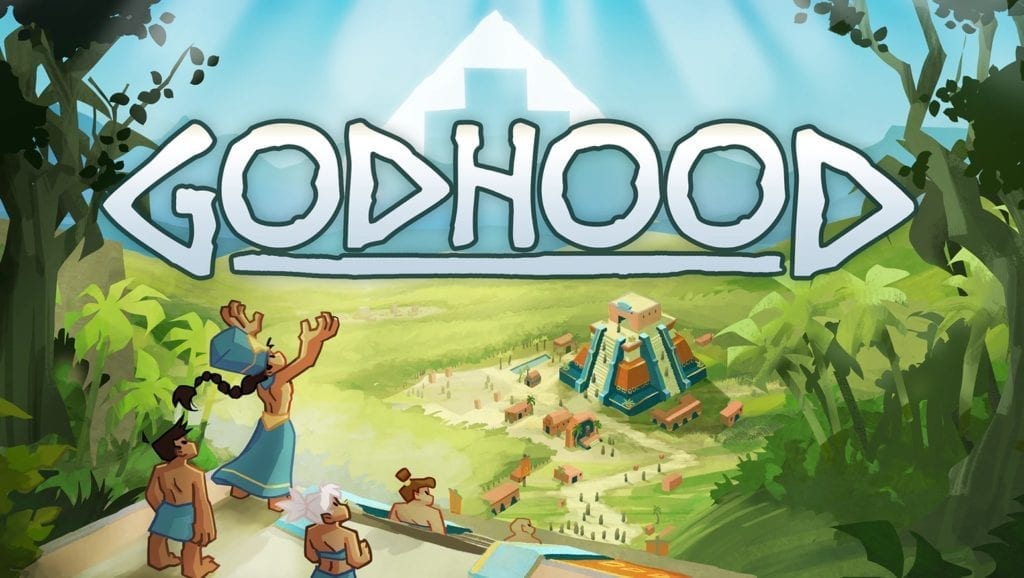
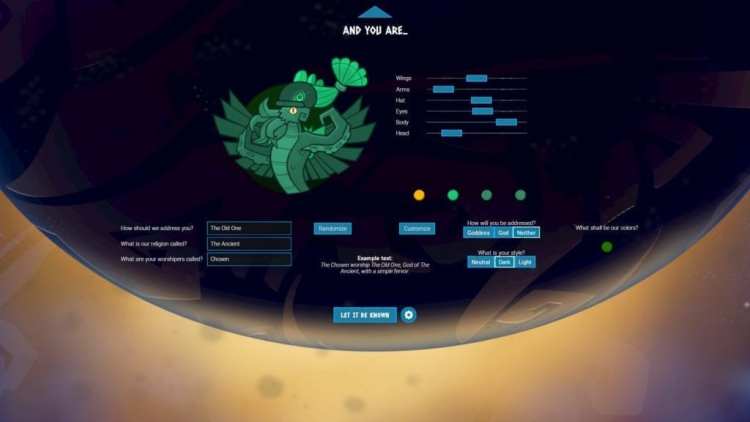
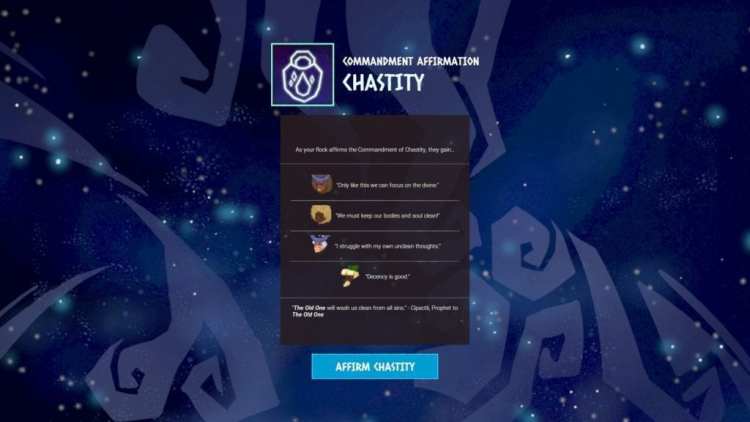
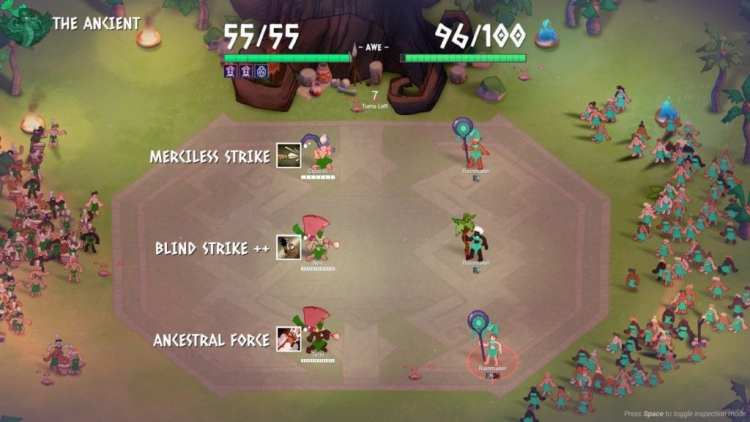
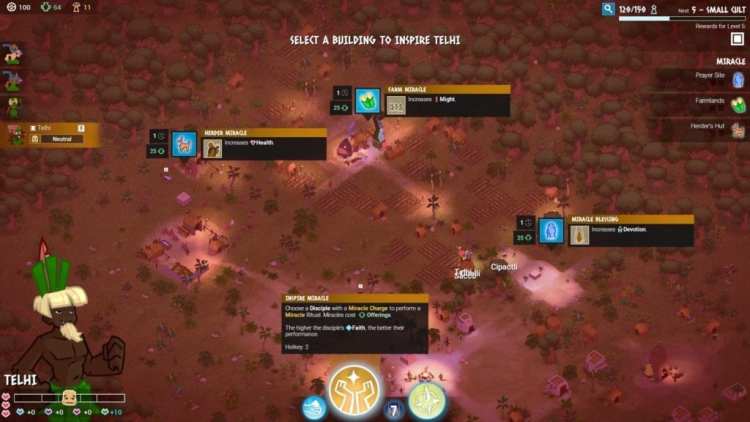
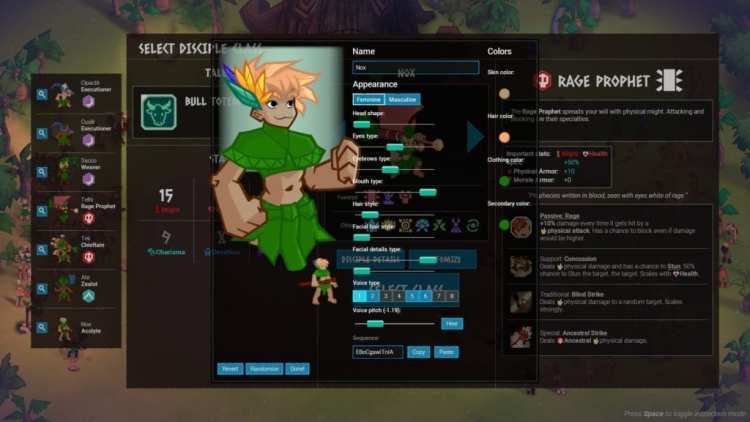
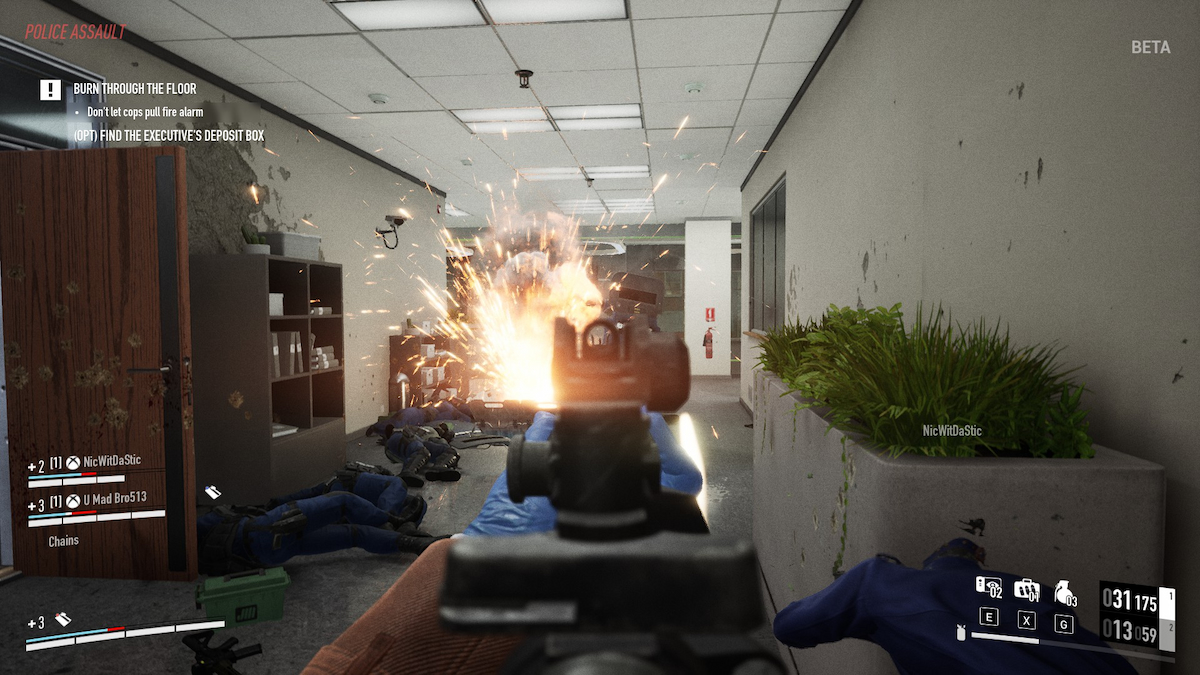
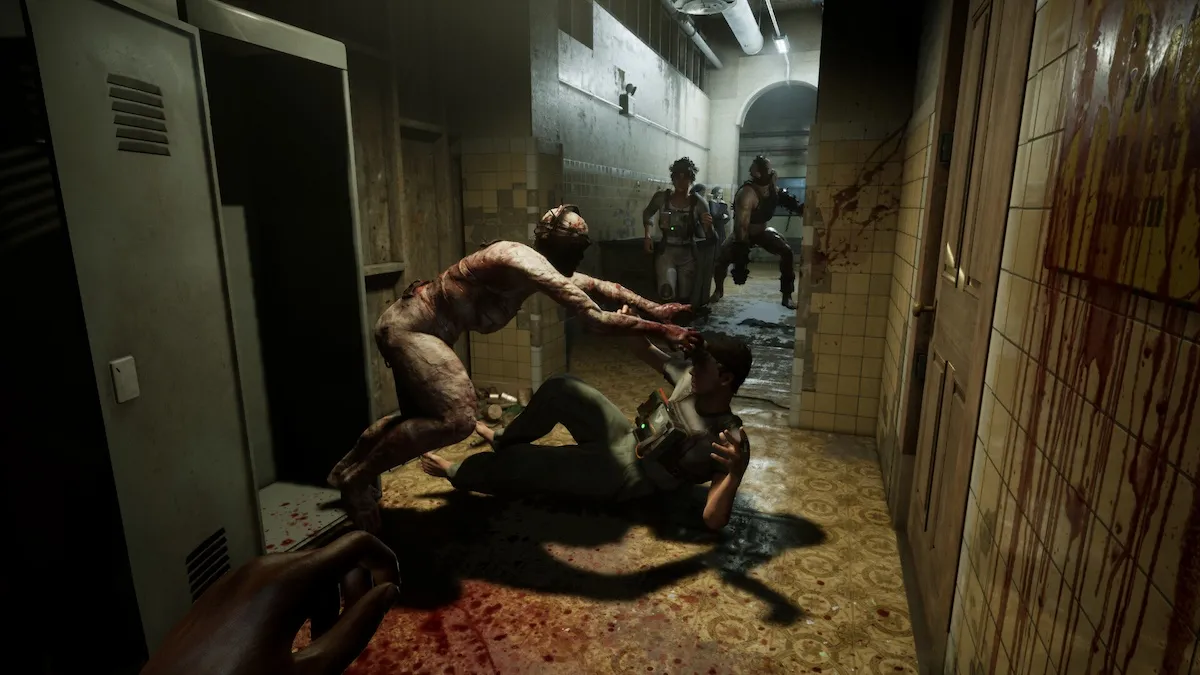
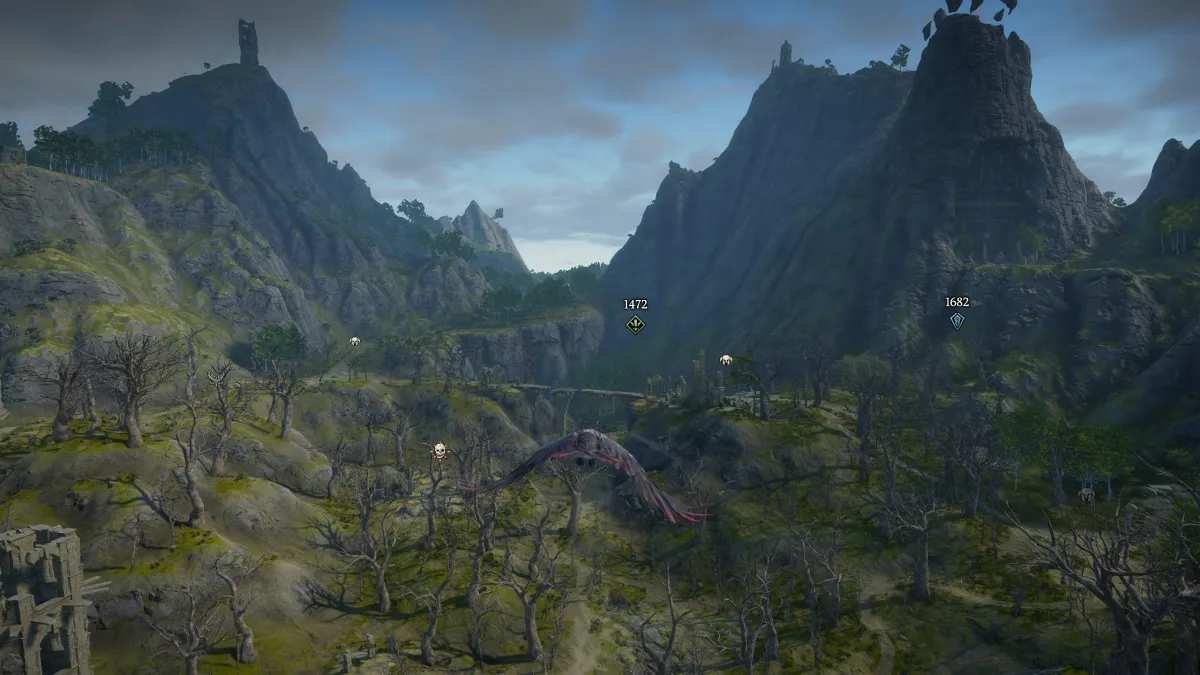
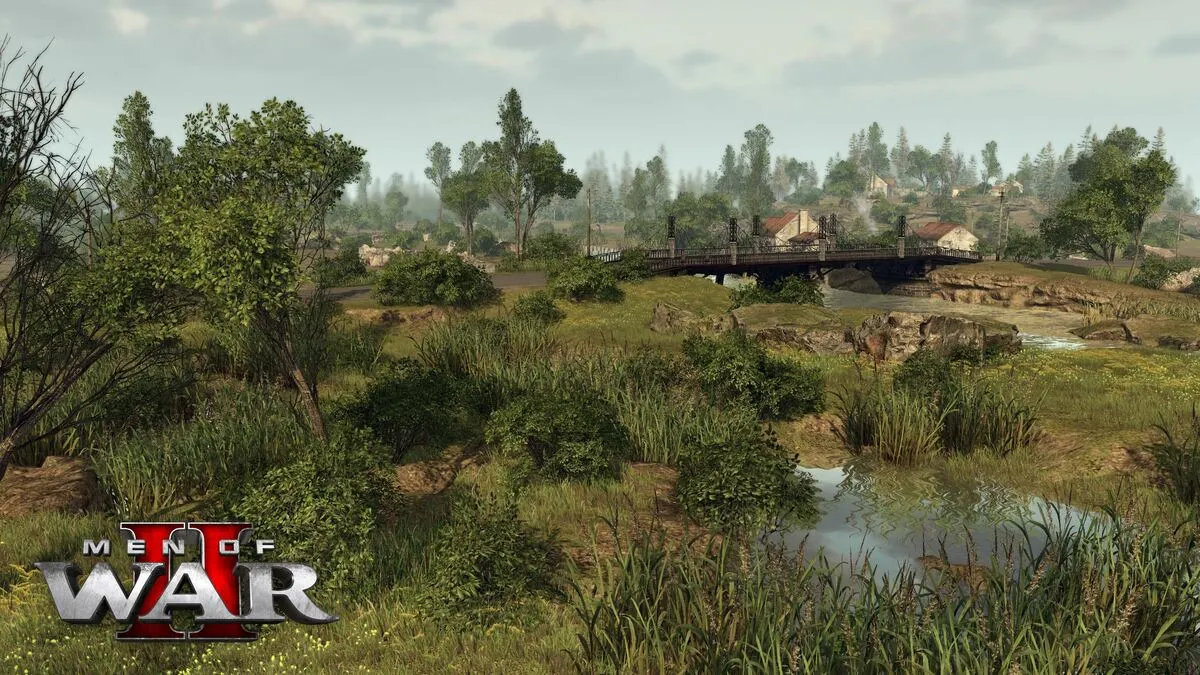

Published: Jul 10, 2019 04:00 am